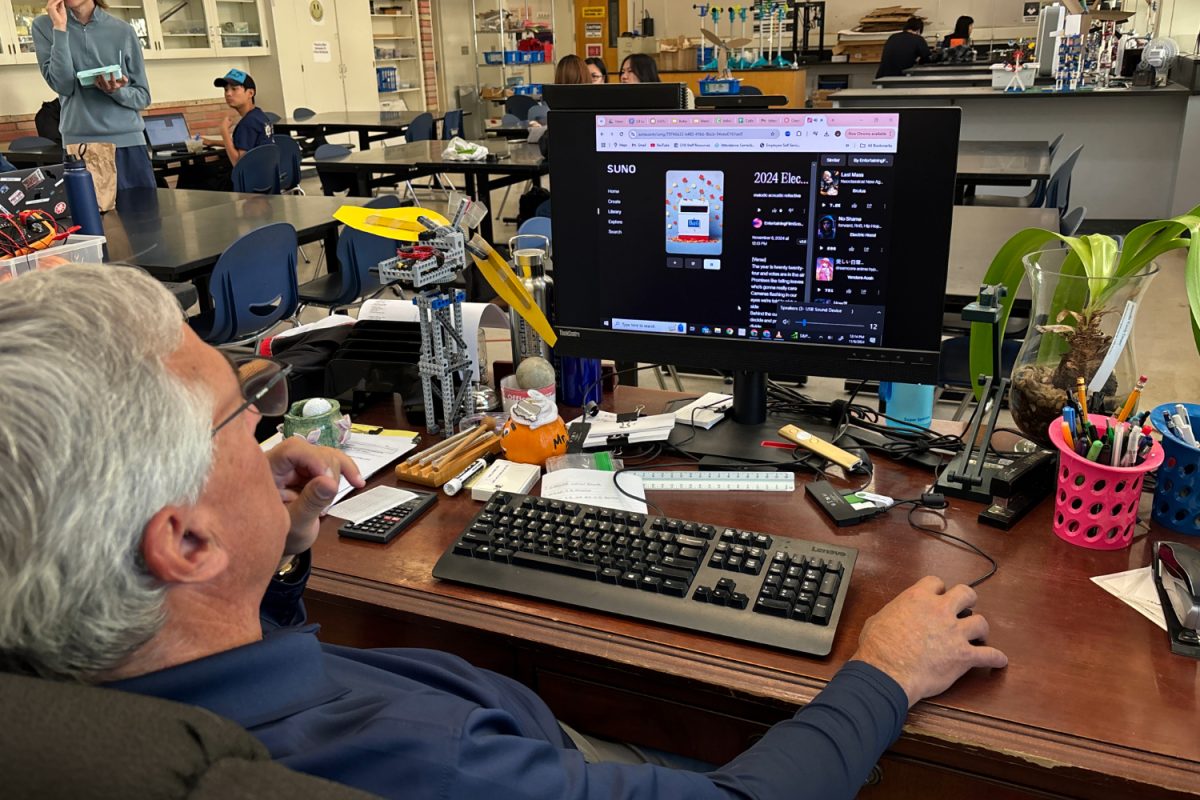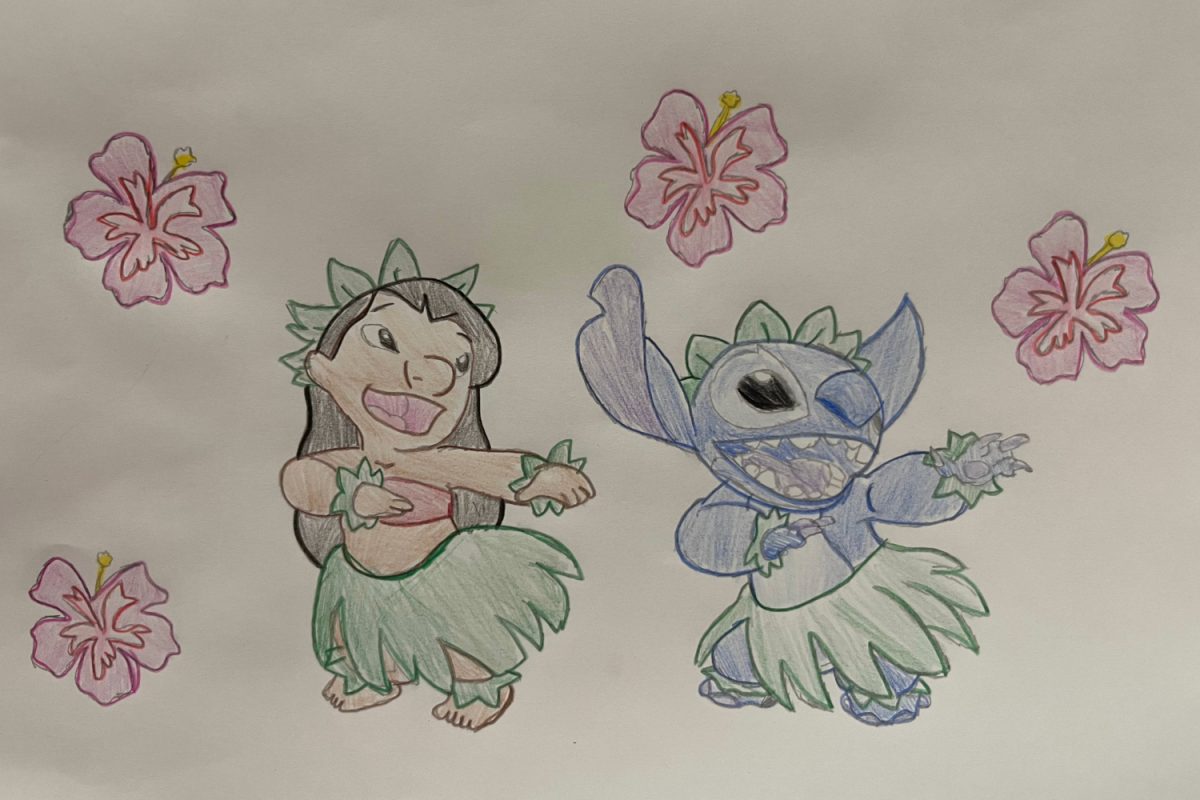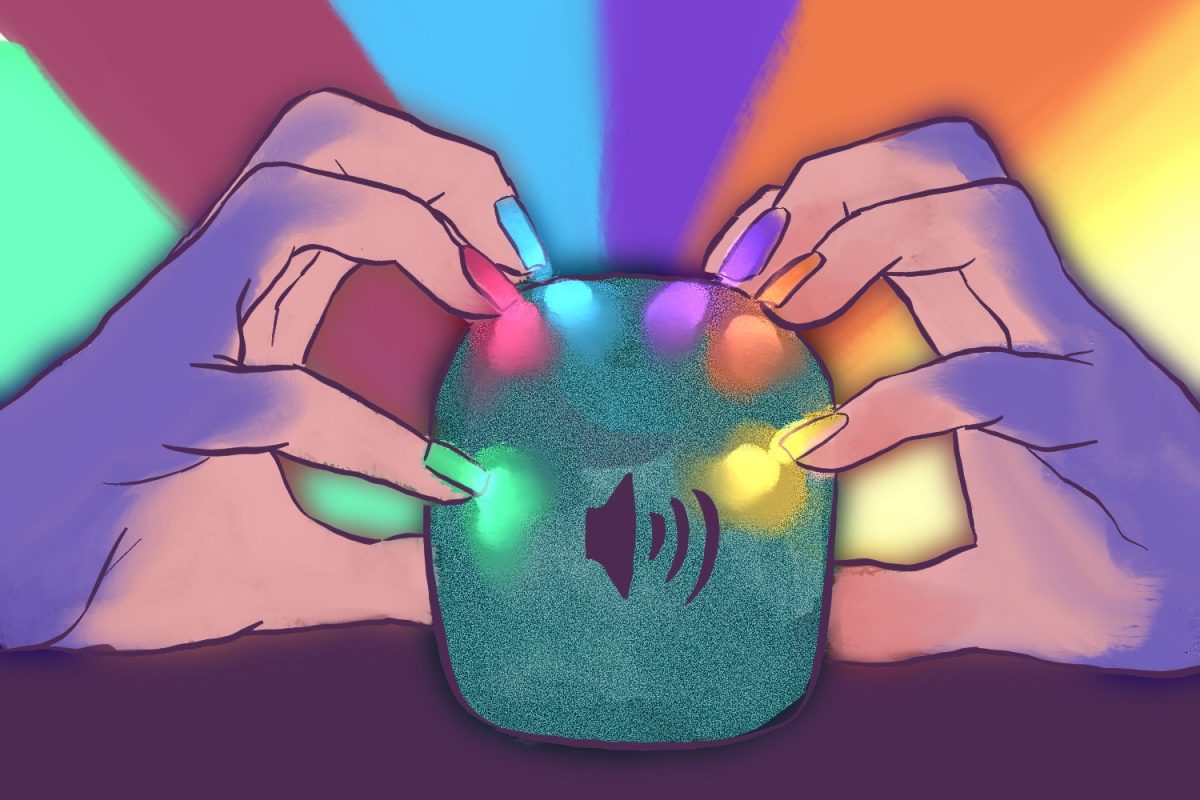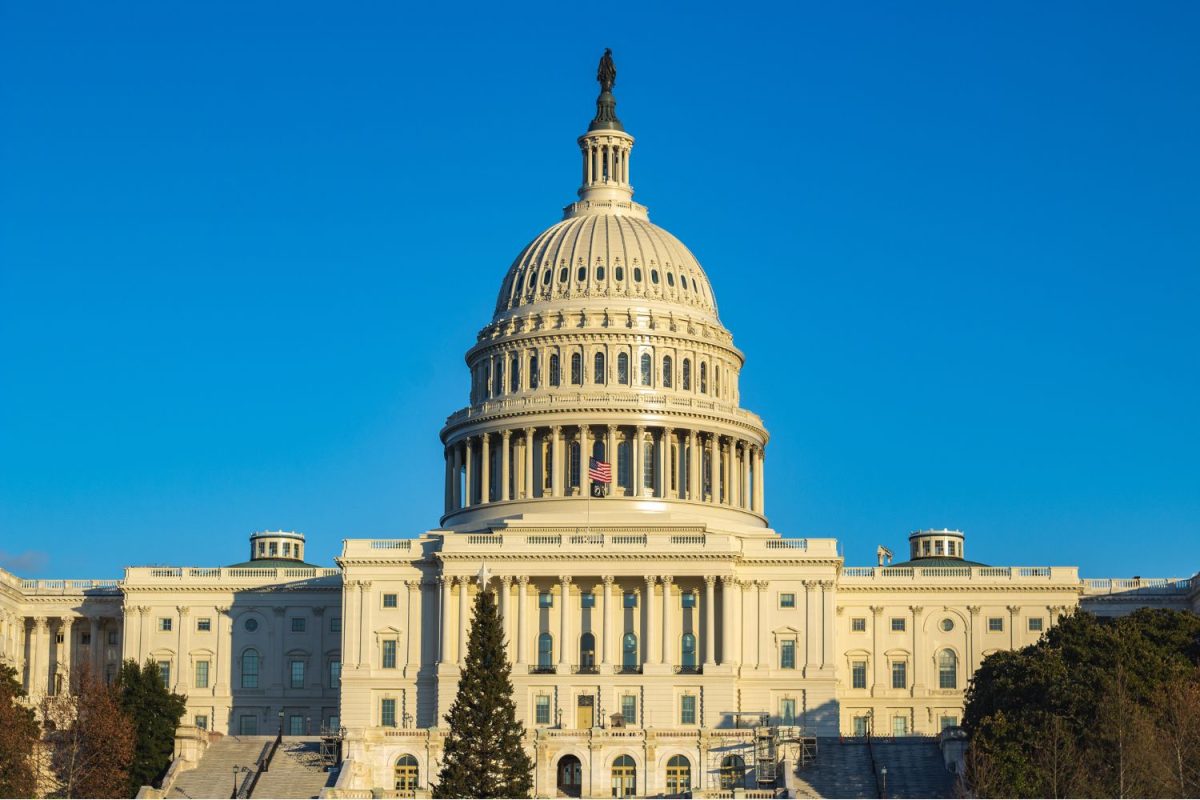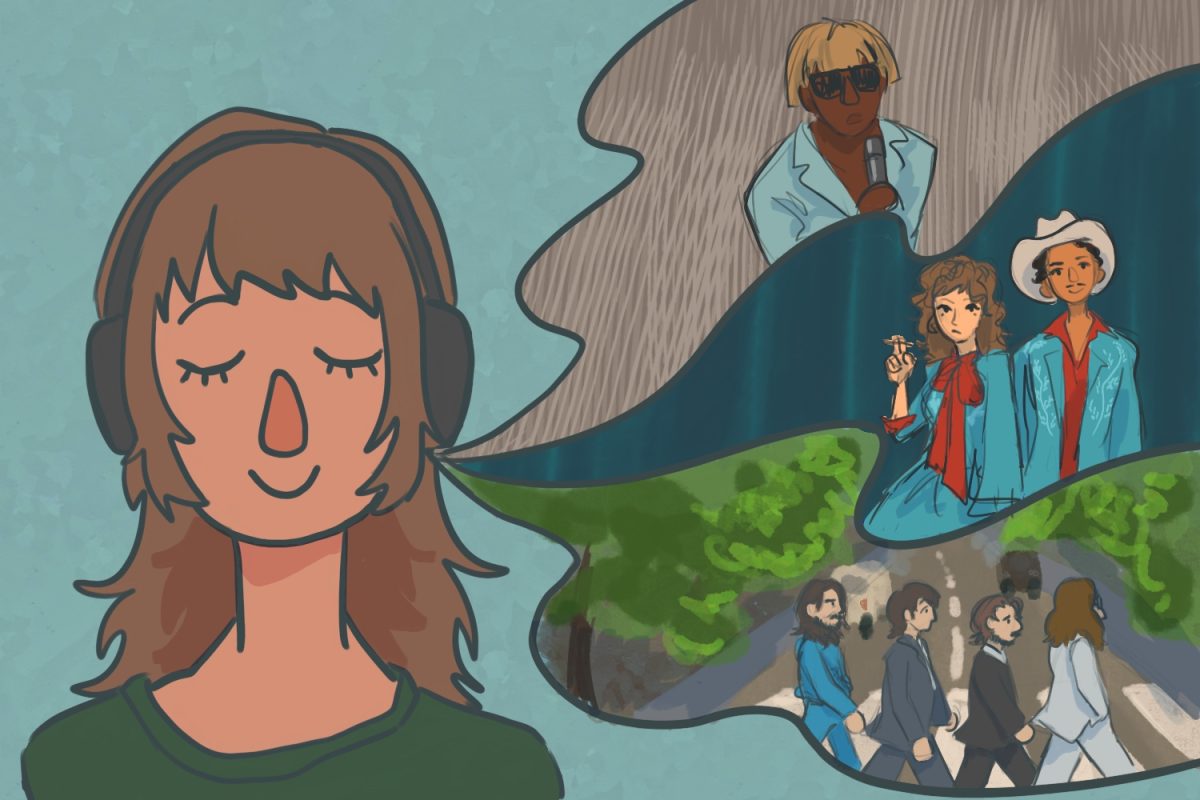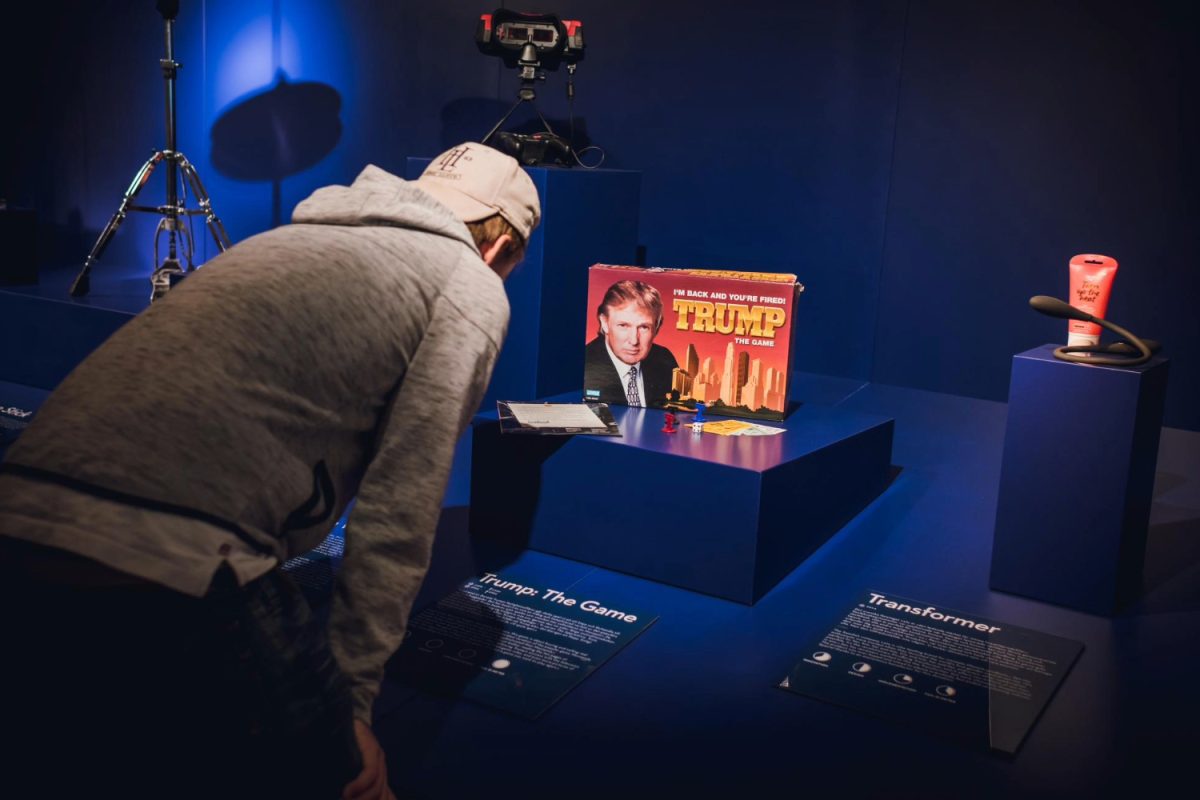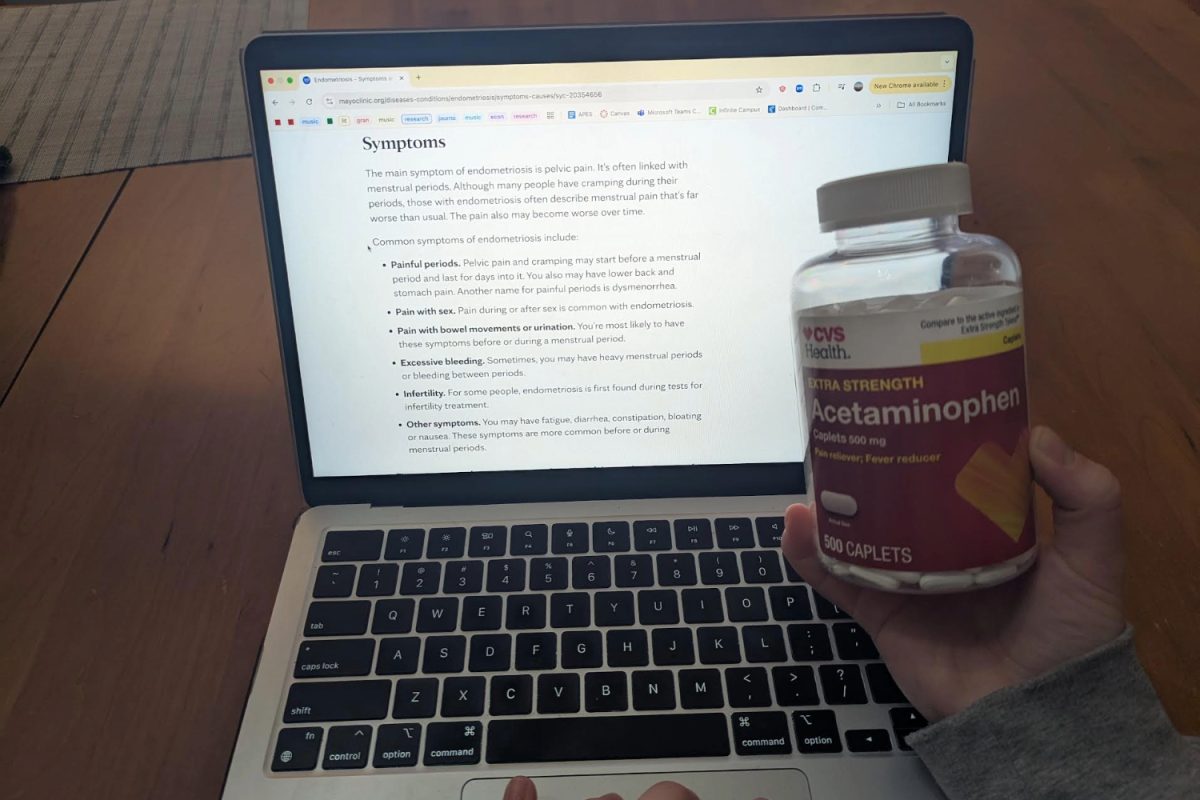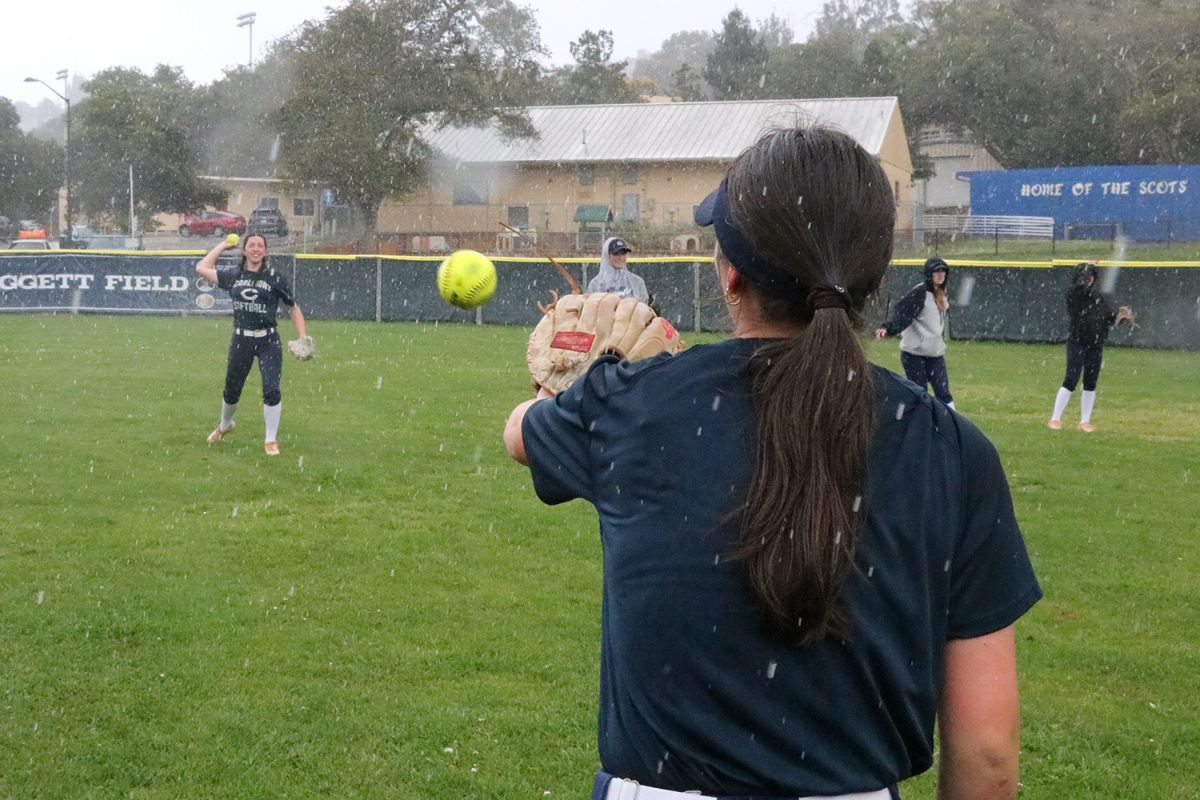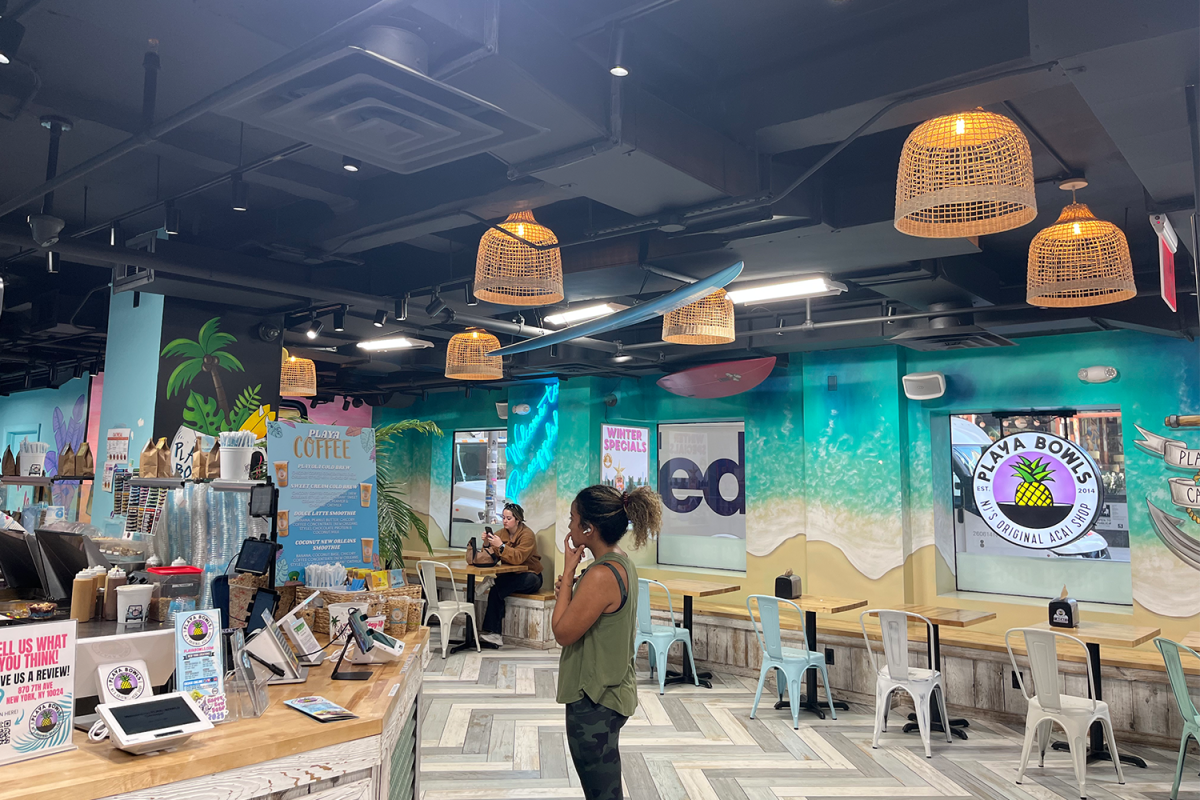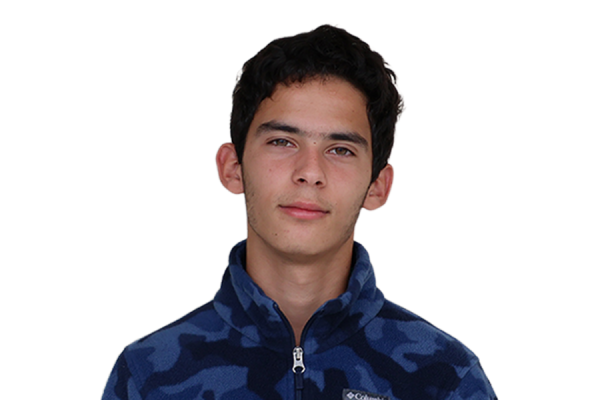Universal Music Group (UMG) has entered a partnership with the generative artificial intelligence (AI) company KLAY Vision Inc. — an event that shows the rise of AI in the music industry, which has angered many musicians.
In a statement on Oct. 28, UMG promised that tools developed in partnership with KLAY would support music artists.
Meanwhile, members of ABBA, the Cure, and Radiohead signed a statement saying that generative AI poses “an unjust threat to the livelihoods of the people” behind copyrighted creative works. Many are concerned that generative AI companies are stealing unlicensed material to develop their models.
“AI is an amazing tool, but only if one is able to fully grasp what one can access through it and not take it for granted,” said Kristina Dutton, a violinist and composer who focuses on film, dance, and multimedia performances. “AI will initially be a big disruptor, even if it does offer innovative solutions.”
Despite backlash, musicians and record producers are still collaborating with AI.
Timbaland, the Grammy Award-winning rapper, became the strategic advisor for the AI music company Suno in late October.
Generative AI companies such as Suno claim they are democratizing music creation, though critics believe the quality of new music is being sacrificed.
Additionally, while some believe the rise of AI in the music industry will degrade the role of musicians, others say that AI would simply better those who cannot access expensive technology.
“I think that AI could hurt musicians only from the perspective that there could be more people who are creating music,” said Jayant Sai, a vice president of Engineering at the AI company Ario. Ario uses generative AI to develop general-purpose personal assistants.
“It will also mean that there are more opportunities for people who don’t have access to the big studios,” Sai said.
Users have been taking advantage of these opportunities. According to Music Business Worldwide, AI companies such as Mubert have created tens of millions of songs, as the number of musicians and non-musicians generating music with AI continues to grow.
UMG’s partnership with KLAY is not the first time members of the “big three” record companies — Warner Music Group, Sony Music Group, and UMG — have partnered with tech companies to develop AI.
All three companies were in talks with YouTube last June regarding the development of AI features for content creators, according to Music Business Worldwide.
Dutton, however, believes that AI must be regulated to have the biggest impact on the quality of new music, as well as who gets to create it.
According to James Bohac, the advisor of the Artificial Intelligence Club, AI lacks the ability to assess the quality of its work. Many professional musicians agree that speed can’t substitute for AI’s lack of self-awareness.
“AI has no way of knowing that its music is interesting. It just knows what it did. It doesn’t know why it did it or whether it’s good. It has no way of testing itself,” Bohac said.
Developments in AI have been impacting a plethora of industries and artists, including writers and fashion designers. An example of AI’s impact on the arts is the Writers Guild of America’s strike last May, protesting the lack of restrictions on AI.
Nevertheless, according to Sai, restrictions on AI won’t always result in more creativity.
“I would definitely want to see AI given the opportunity to generate music because ultimately, two hands are better than one,” Sai said, referring to musicians collaborating with AI to produce music. “It is not just going to be the mind of the artist that is going to generate that music. It’s going to be the mind of the artist as well as the AI.”

